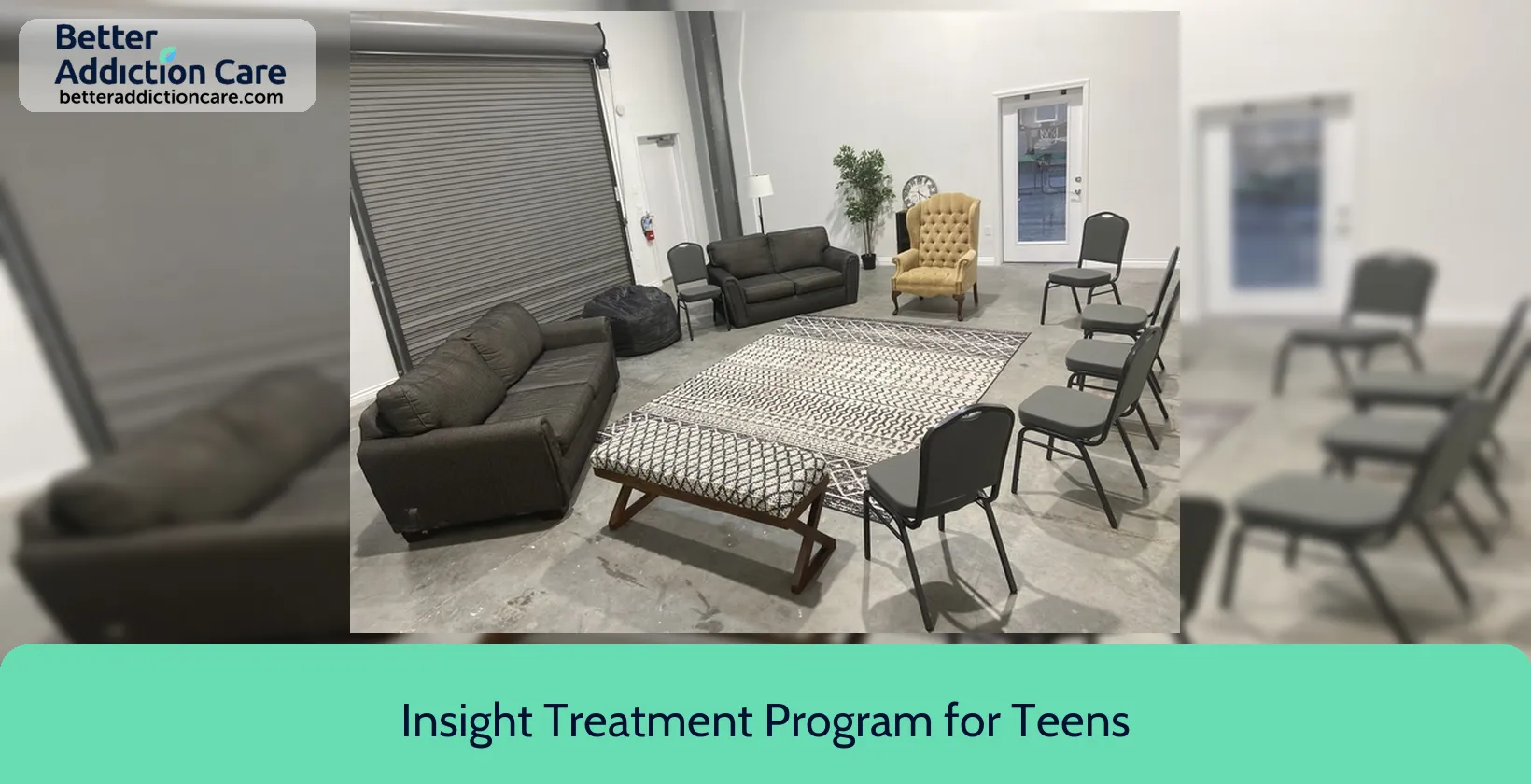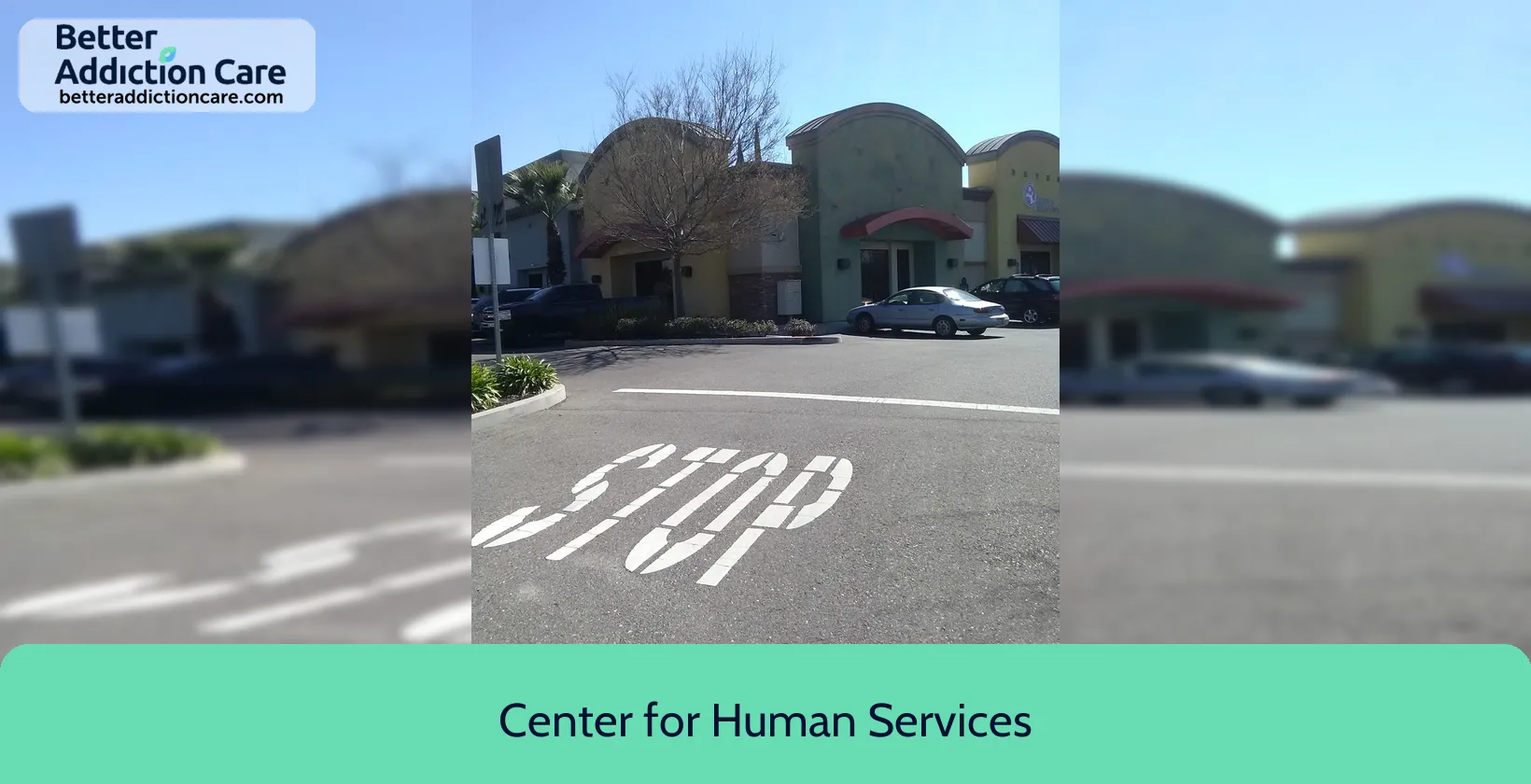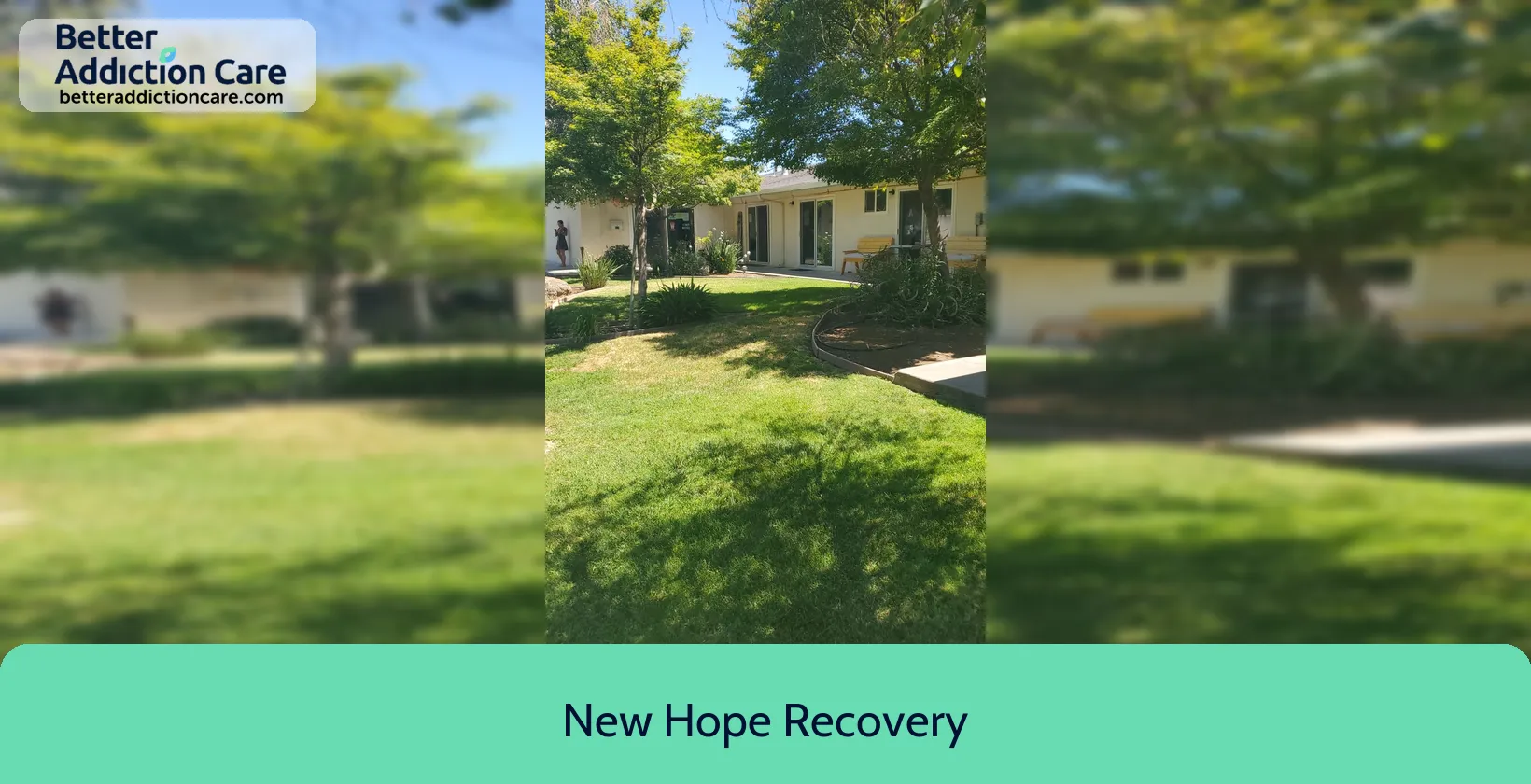Nirvana Drug and Alcohol Institute - Outpatient

Overview
Nirvana Drug and Alcohol Institute - Outpatient is a substance abuse treatment center for people seeking treatment near Stanislaus County. As part of their treatment modalities for recovery, Nirvana Drug and Alcohol Institute - Outpatient provides 12-step facilitation, group counseling, and life skills during treatment. Nirvana Drug and Alcohol Institute - Outpatient is located in Modesto, California, accepting private health insurance for treatment.
Nirvana Drug and Alcohol Institute - Outpatient at a Glance
Payment Options
- Private health insurance
- Cash or self-payment
- Payment assistance (check with facility for details)
- State-financed health insurance plan other than Medicaid
Assessments
- Comprehensive mental health assessment
- Comprehensive substance use assessment
Age Groups
- Adults
- Young adults
Operation
- Private non-profit organization
Highlights About Nirvana Drug and Alcohol Institute - Outpatient
6.59/10
With an overall rating of 6.59/10, this facility has following balanced range of services. Alcohol Rehabilitation: 8.00/10, Drug Rehab and Detox: 6.00/10, Insurance and Payments: 6.00/10, Treatment Options: 6.36/10.-
Alcohol Rehabilitation 8.00
-
Treatment Options 6.36
-
Drug Rehab and Detox 6.00
-
Insurance and Payments 6.00
Accreditations
SAMHSA certification for opioid treatment program (OTP):
SAMHSA's Opioid Treatment Programs (OTPs) accreditation is a rigorous recognition process that signifies an OTP's commitment to providing high-quality care for individuals dealing with opioid use disorders. It assures patients, families, and the community that the program adheres to evidence-based practices, employs qualified staff, and maintains a safe treatment environment. This accreditation is a symbol of quality and accountability, offering confidence in the program's ability to support individuals on their path to recovery from opioid addiction.
Treatment At Nirvana Drug and Alcohol Institute - Outpatient
Treatment Conditions
- Mental health treatment
- Alcoholism
- Opioid Addiction
- Substance use treatment
- Co-occurring Disorders
Care Levels
- Intensive outpatient treatment
- Detoxification
- Aftercare
- Outpatient
Treatment Modalities
- 12-step facilitation
- Group counseling
- Life Skills
- Cognitive Behavioral Therapy
Get Help Now
Common Questions About Nirvana Drug and Alcohol Institute - Outpatient
Contact Information
Other Facilities in Modesto

6.68

6.62

6.59

6.59

6.89
DISCLAIMER: The facility name, logo and brand are the property and registered trademarks of AEGIS Modesto, and are being used for identification and informational purposes only. Use of these names, logos and brands shall not imply endorsement. BetterAddictionCare.com is not affiliated with or sponsored by AEGIS Modesto.
